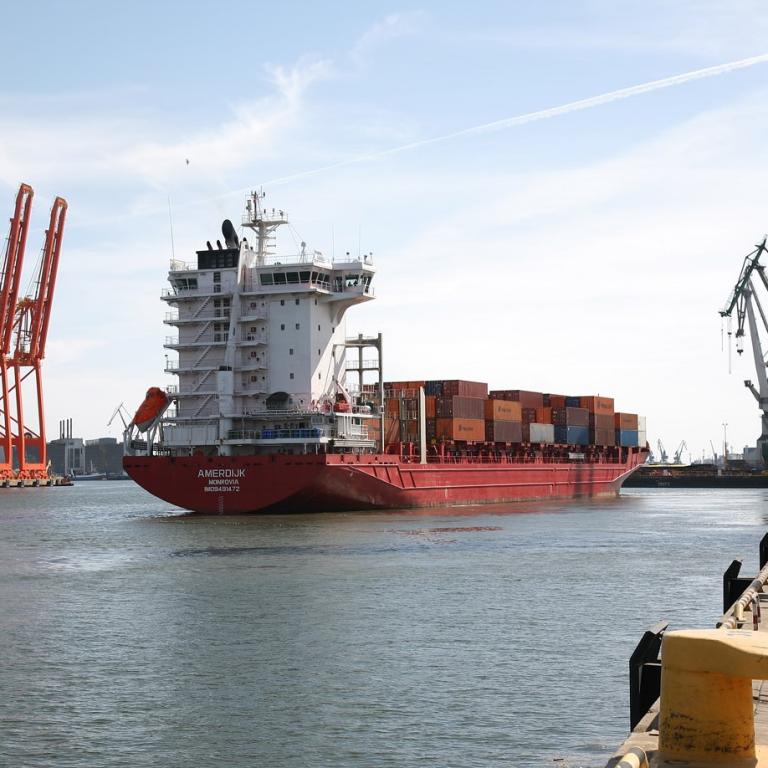
2017-07-31
Seaports on the Silk Road
China is currently working on “One Belt, One Road” concept which is a reference to the tradition of the Silk Road. Its aim is to build a logistic network to connect China with Europe by means of a new network of overland (railroad) transport corridors, together with a sea part. The investment is to cost as much as USD 100 billion and may be beneficial to Poland, including Polish sea ports. Especially taking into consideration that this idea focuses on creating global transfer of goods via our country by means of intermodal transport.
Even though in 2016 the number of rail connections from China to Europe, and to Poland in particular, increased several times, mainly due to the lack of goods coming back from Europe to China, rail connections from Poland to Asia have not been financially viable so far. Data shows that for USD 26 billion of trade flows between Poland and China in 2016, the deficit exceeded a record-breaking value of USD 22 billion. According to experts, export of Polish products to China is more than 15 times smaller than import. Popular export products include Polish food, jewelry and machines but also clothing or electronic devices.
However, in the next upcoming years the number of containers transported by rail from China (in particular from the north-west provinces) to Europe, and vice versa, will be systematically increasing. That is why a question about our role in the organization of such transport is legitimate. Is Poland to be only a transit country and be glad
that our railroads from the Eastern to the Western border are used by trains
transporting Chinese goods?
Polish intermodal operators would prefer Poland to be a European hub where containers imported from China do Europe would be distributed and containers exported from various regions of Europe to China would be consolidated. They emphasize that if one train from China transports 40 containers, 10 of which are to be transported to Prague, 6 to Rotterdam, 4 to Duisburg, 5 to Warsaw, and the remaining 15 ones to the vicinity of Berlin, it is pointless to take all containers to Hamburg. And that is how it works right now.
They would be pleased to accept containers from China on the border between Poland and Belarus, take them to their inland terminals and further on, taking advantage of the existing network of intermodal connections, deliver each of the containers to its destination.
It is obvious to us that as a country which has access to both railroads of standard European width and broad-gauge ones, we should aspire to be a European hub for intermodal connections with China, emphasized Dariusz Szczepański, Chairman of PCC Intermodal S.A.
The issue of the Silk Road and sea ports will be discussed during one of the maritime logistics panels at the Maritime Economy Forum Gdynia 2017.
Article developed in cooperation with "Namiary na Morze i Handel" magazine.
phot. Tadeusz Urbaniak/ZMPG-a S.A


